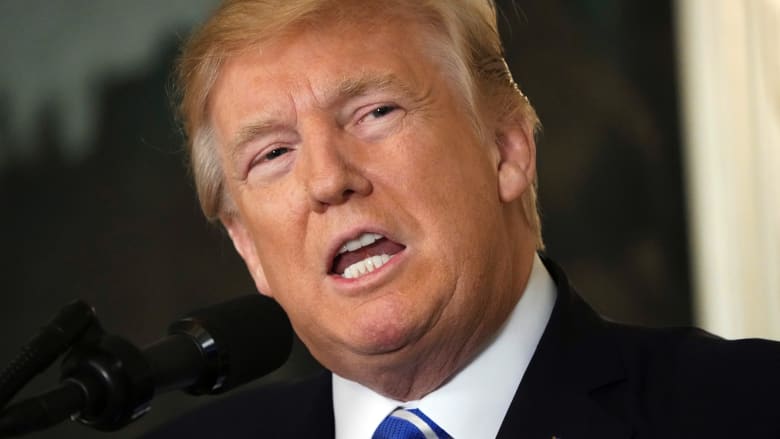Donald Trump has good reason to be “thinking, long and hard” about his decision to withdraw all US forces from Syria. As contributing editor for military affairs David Kilcullen pointed out in The Weekend Australian, Mr Trump’s determination to fulfil an election promise and also pull out half the 14,000 US troops in Afghanistan was “defensible on strategic grounds, as a step towards an offshore balancing strategy that holds the slim but real promise of letting the US and its allies disengage from two decades of occupation in the greater Middle East”.
But in seeking that objective Mr Trump failed to take into account the historical perspective of what has and has not worked in the battle against Islamist terrorism since the US-led invasion of Afghanistan in 2001. Neither has he understood the implications for the West and Israel of recent moves that have highlighted the way Turkey’s President Recep Tayyip Erdogan, at best a very uncertain NATO ally, is now working in lock-step over Syria’s future with Vladimir Putin, Iran and the Assad regime, with each seeking to consolidate their gains in Syria. The speed with which Russia has moved sophisticated weapons systems into Syria, and Iranian militia units have dug in close to the Israeli border in the Golan Heights, shows the importance of the “rethinking” that Republican senator Lindsey Graham, says the US President is hopefully undertaking.
Mr Trump must understand the historical perspective of the engagement in Syria, and across the Middle East, of the US and its allies if he wants to bring his troops home and move to the “offshore balancing strategy” that Kilcullen describes as “working with and through local partners to do the heavy lifting on the ground, while providing advisers, funding and other ‘enablers’ such as airstrikes, drones and special operations forces to support them”.
Read the editorial in The Australian.

